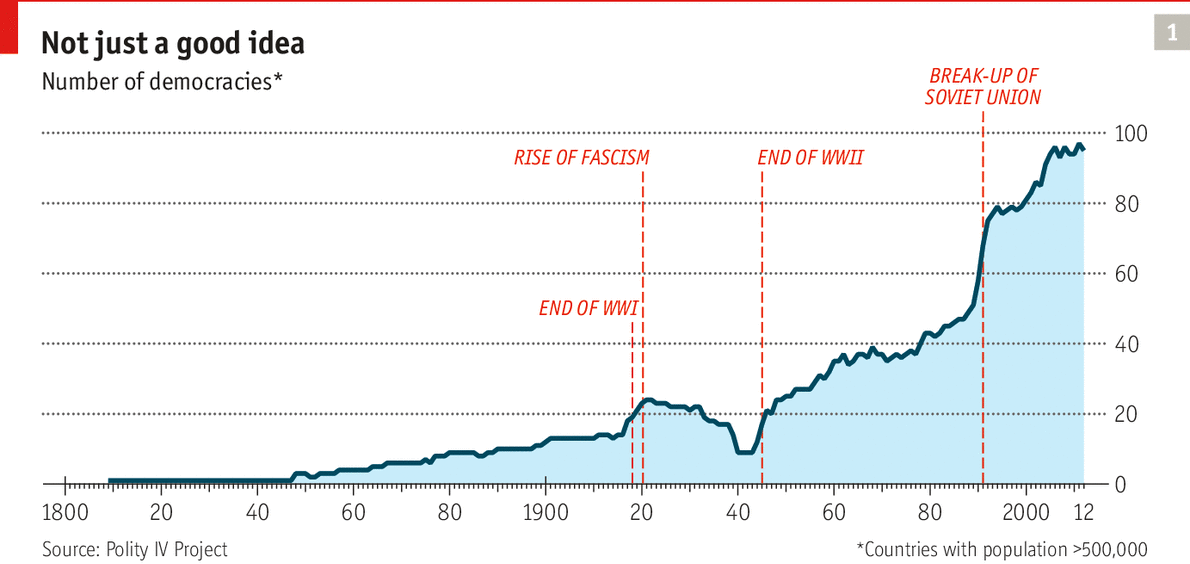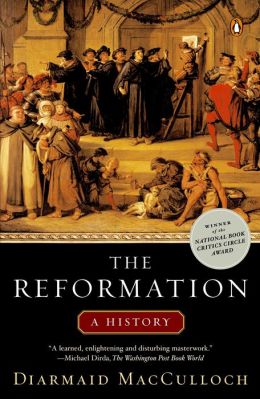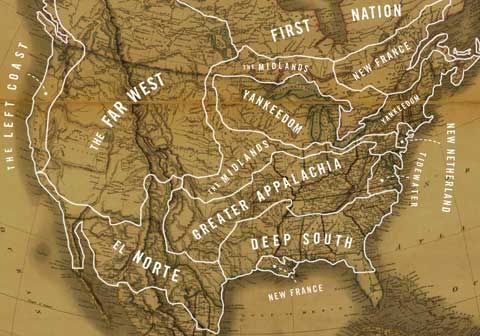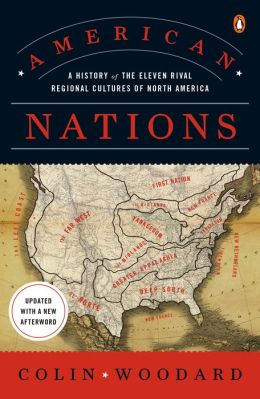The Virginia Declaration of Human Rights was adopted by the Virginia Constitutional Convention on June 12, 1776. Its first three sections read:
That all men are by nature equally free and independent and have certain inherent rights, of which, when they enter into a state of society, they cannot, by any compact, deprive or divest their posterity; namely, the enjoyment of life and liberty, with the means of acquiring and possessing property, and pursuing and obtaining happiness and safety.
That all power is vested in, and consequently derived from, the people; that magistrates are their trustees and servants and at all times amenable to them.
That government is, or ought to be, instituted for the common benefit, protection, and security of the people, nation, or community; of all the various modes and forms of government, that is best which is capable of producing the greatest degree of happiness and safety and is most effectually secured against the danger of maladministration. And that, when any government shall be found inadequate or contrary to these purposes, a majority of the community has an indubitable, inalienable, and indefeasible right to reform, alter, or abolish it, in such manner as shall be judged most conducive to the public weal.
This Declaration was drawn upon by Thomas Jefferson for the opening paragraphs of the Declaration of Independence. It influenced the other colonies and became the basis of the Bill of Rights.
Recall these words from the
Declaration of Independence:
We hold these truths to be self-evident, that all men are created equal, that they are endowed by their Creator with certain unalienable Rights, that among these are Life, Liberty and the pursuit of Happiness.--That to secure these rights, Governments are instituted among Men, deriving their just powers from the consent of the governed, --That whenever any Form of Government becomes destructive of these ends, it is the Right of the People to alter or to abolish it, and to institute new Government, laying its foundation on such principles and organizing its powers in such form, as to them shall seem most likely to effect their Safety and Happiness.
Note in both cases:
- Rights are fundamental;
- The power of government is rooted in the will of the governed;
- The key function of government is to help the governed to obtain and protect their rights; and
- Government can and should be altered (or abolished) to better serve the rights of the governed.
The said States hereby severally enter into a firm league of friendship with each other, for their common defense, the security of their liberties, and their mutual and general welfare, binding themselves to assist each other, against all force offered to, or attacks made upon them, or any of them, on account of religion, sovereignty, trade, or any other pretense whatever.
One can read a concern for human rights and related function of government in this purpose, but it is a relatively weak statement of that concern. However, under these Articles the Continental Congress passed the
Northwest Ordinance of 1787 establishing the rules for governance of the Northwest Territory (which would eventually yield 6 states). That Ordinance included a bill of rights protecting religious freedom, the right to a writ of
habeas corpus, the benefit of trial by jury, and other individual rights. In addition the ordinance encouraged education and forbade slavery.
The Preamble to the
Constitution gives its purpose as follows:
We the People of the United States, in Order to form a more perfect Union, establish Justice, insure domestic Tranquility, provide for the common defence, promote the general Welfare, and secure the Blessings of Liberty to ourselves and our Posterity, do ordain and establish this Constitution for the United States of America.
The union to which it refers is, of course, that established by the Declaration of Independence and the Articles of Confederation. Moreover, the government established by the ratification of the Constitution was to "establish justice", "promote the general welfare" and "secure the blessings of liberty".
One might have assumed that the promotion and protection of human rights of the citizens was included, but in the ratification process states demanded a
Bill of Rights.
On September 25, 1789, the First Congress of the United States therefore proposed to the state legislatures 12 amendments to the Constitution that met arguments most frequently advanced against it. The first two proposed amendments, which concerned the number of constituents for each Representative and the compensation of Congressmen, were not ratified. Articles 3 to 12, however, ratified by three-fourths of the state legislatures, constitute the first 10 amendments of the Constitution, known as the Bill of Rights.
In 1863, in the midst of the Civil War, President Lincoln gave his
Gettysburg Address, which has become for many of us a key document in understanding the purpose of the U.S. Government: Recall especially:
Fourscore and seven years ago our fathers brought forth on this continent a new nation, conceived in liberty and dedicated to the proposition that all men are created equal. Now we are engaged in a great civil war, testing whether that nation or any nation so conceived and so dedicated can long endure......
(W)e here highly resolve that these dead shall not have died in vain, that this nation under God shall have a new birth of freedom, and that government of the people, by the people, for the people shall not perish from the earth.
In January 1941, as the nation prepared for entry into World War II, in his
State of the Union Address, President Roosevelt said:
The basic things expected by our people of their political and economic systems are simple. They are:
- Equality of opportunity for youth and for others.
- Jobs for those who can work.
- Security for those who need it.
- The ending of special privilege for the few.
- The preservation of civil liberties for all.
- The enjoyment -- The enjoyment of the fruits of scientific progress in a wider and constantly rising standard of living.
These are the simple, the basic things that must never be lost sight of in the turmoil and unbelievable complexity of our modern world. The inner and abiding strength of our economic and political systems is dependent upon the degree to which they fulfill these expectations.
Many subjects connected with our social economy call for immediate improvement. As examples:
- We should bring more citizens under the coverage of old-age pensions and unemployment insurance.
- We should widen the opportunities for adequate medical care.
- We should plan a better system by which persons deserving or needing gainful employment may obtain it.........
In the future days, which we seek to make secure, we look forward to a world founded upon four essential human freedoms.
- The first is freedom of speech and expression -- everywhere in the world.
- The second is freedom of every person to worship God in his own way -- everywhere in the world.
- The third is freedom from want, which, translated into world terms, means economic understandings which will secure to every nation a healthy peacetime life for its inhabitants -- everywhere in the world.
- The fourth is freedom from fear, which, translated into world terms, means a world-wide reduction of armaments to such a point and in such a thorough fashion that no nation will be in a position to commit an act of physical aggression against any neighbor -- anywhere in the world.
I suggest that "rights" are unconditional in the sense that a persons right may not be ethically taken away by another person nor an institution. It may be inconvenient to pay that children may exercise their right to education, but their right trumps our convenience.
On the other hand rights are conditional. One does not have a right to what is impossible, but newly possible states create new rights. If it is possible to protect a child's right to life by immunization against common childhood diseases, then the child has the right to those immunizations. Yet in the 18th century when vaccines did not exist, no such right existed.
I believe that it was the U.S. historical dedication to human rights that led to the creation of the
Universal Declaration of Human Rights by the United Nations. The fact that Eleanor Roosevelt was unanimously elected as the first chair of the UN Commission on Human Rights and that she chaired the committee that drafted the Universal Declaration supports that belief.
Prior to the drafting of the Universal Declaration, UNESCO was asked to inquire of intellectual leaders from different cultures as to whether there were indeed rights so widely shared among cultures as to be seen as universal. The result
was published. The fundamental conclusion was that while different cultures disagreed as to the source of those rights, there was a shared idea that many rights indeed exist in common across societies.
One such right is the right of children to education. That right is acknowledged within many societies. On the other hand, in some countries not all children are thought to share equally in the right to schooling -- many more girls are excluded than boys. Obviously, in rich countries young people go to school longer than in poor countries -- the right depends on what a country can afford. Yet the global Education for All movement indicates that almost all governments have over the past quarter century done a great deal to more fully realize the rights of their children to education.

However, in some sense, rights are defined culturally; We now recognize rights that our forefathers denied to many. When the Constitution was ratified, slavery was legal in the United States. Then and long after, citizens of the United States felt quite justified in taking land from Indians and indeed moving Indians across the continent to reservations where Indians were deprived of many rights, including often the right to life. It was only in the 20th century that woman were allowed the right to vote. Now the country is deeply divided as to whether gay and lesbian couples have the right to marry and as to whether women have the right to chose whether or not to terminate pregnancy.
Even where we generally agree on rights, the government is sometimes far from guaranteeing them. Racism continues to exist in this country, effectively denying some people rights enjoyed by the majority. Indeed, many Americans feel that the government should not extend its reach to add to the rights of its citizens as it becomes more possible to do so. In a country in which more and more wealth is monopolized by a smaller and smaller portion of the population, the lack of empathy of that oligarchy of wealth leaves children hungry and schools weak.
I think the arrow of history is clear. As the country becomes richer and as technology improves, more and better rights become possible. This government was created of the people and by the people to extend more rights to all the people. It is up to us, the people, to fight to see that the nation will continue to pursue the ideals of its founders.
























.jpg)








